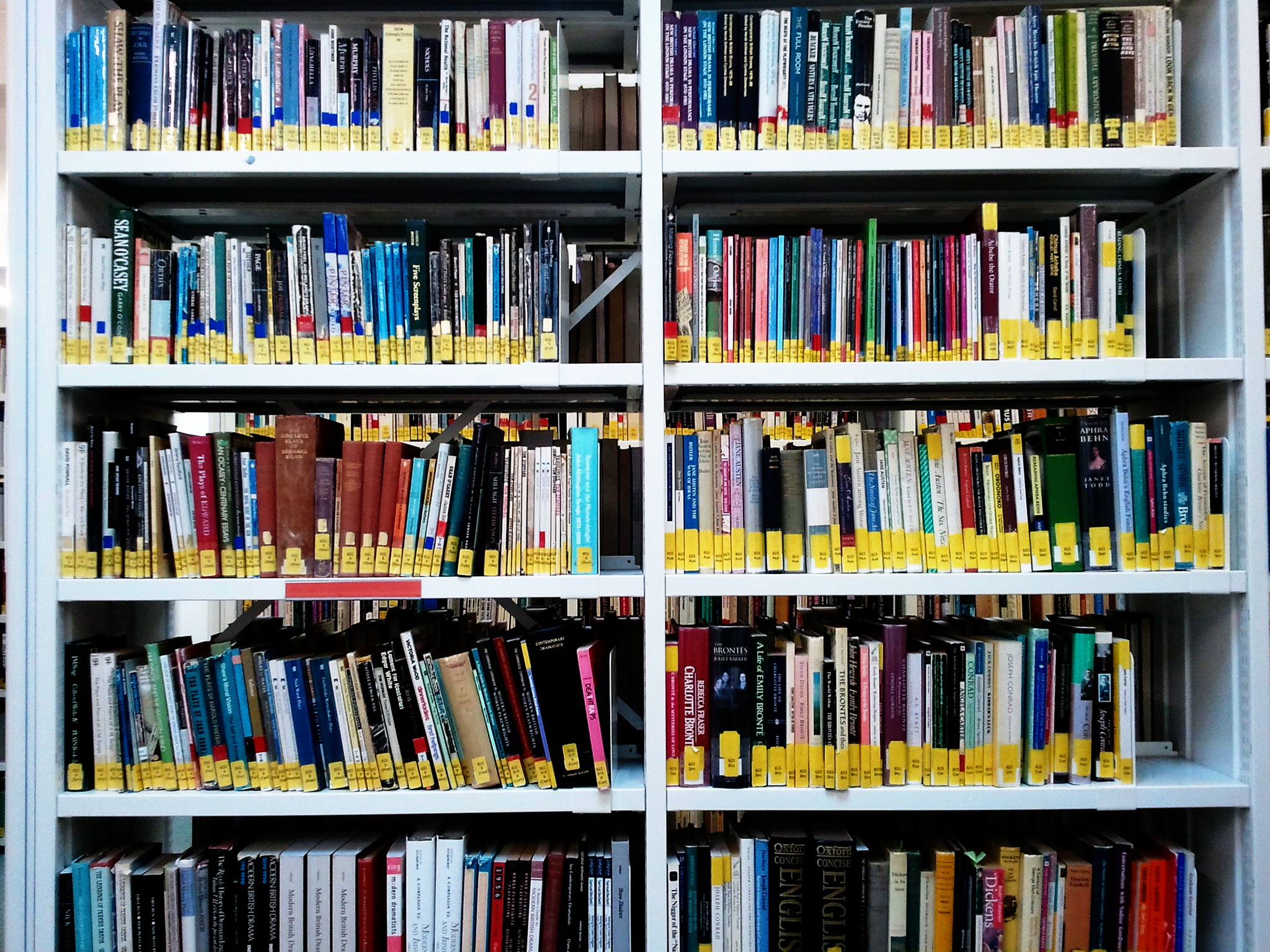I used to view books like most people seem to. Books reflected my identity, added to my home, let people know more about me, were good for quick reference, etc.
An experience changed these views. I started innocently. I decided to get rid of my most useless books, the ones I would never miss and kept for no good reason. Looking at my shelves easily revealed them among those worth keeping. Some were on the border. I decided conservatively to keep the borderline ones. I still got rid of a good portion of my books.

As expected, I didn’t miss any books I got rid of. Unexpectedly, I realized that without the disposed-of books, the formerly borderline books seemed less worth keeping as before. I had been too conservative so did a second round and got rid of some of the once-borderline books. In this second round some previous keepers now seemed borderline. As before, I kept books on the new border.
As expected, I didn’t miss any books I got rid of. Unexpectedly I realized that without the disposed-of books, the formerly borderline books seemed less worth keeping as before. I had been too conservative so did a third round and got rid of some of the once-borderline books. In this third round some previous keepers now seemed borderline. As before, I kept books on the new border.
As you likely noticed, I nearly repeated the last paragraph. In real life I iterated several times over the course of a couple years, selling the books to my nearby book store Strand. For years I kept a few books, mostly reference books like a dictionary, thesaurus, Strunk and White, and the Feynman Lectures on Physics. Then I sold or gave them away too. I gave away the shelves too, creating more space in Manhattan apartment.
At the moment, I have three books by other authors—review copies from publishers. I work hard to stop receiving them, but as a bestselling author and award-winning podcast host, I get a lot unsolicited. I’ll sell them.
I read as many books as ever, courtesy the library across the street, where I can put books on hold online, so I pick them up when they arrive.
The experience led me to some unexpected discoveries
- I miss old books less than I expected, if at all
- My attachments to many other things decreased from the experience
- I use the library more. No matter how many books I own, the library owns more
- I came to understand my attachments to books, especially ones I thought I couldn’t part with
- My apartment feels bigger
- A physical book is different than the value of reading it
The more important a book was to me, the more I learned about myself in letting go of it. Which leads me to my biggest lesson from the experience: I used to see getting rid of books as losing something; I now see what I gained: freedom, both physical and mental.
Not that this is supposed to be deep. It’s the same freedom I get from letting go of any attachment, but books were so important to me it was a lot of freedom. My father, a history professor, continues to amass physical books, with all the resulting pollution. I recognize people look at things differently. As an author, I make my books available to readers in the form they prefer.
Having heard my experience, my brother-in-law started selling his books too. We call the process “putting them back into circulation.”

